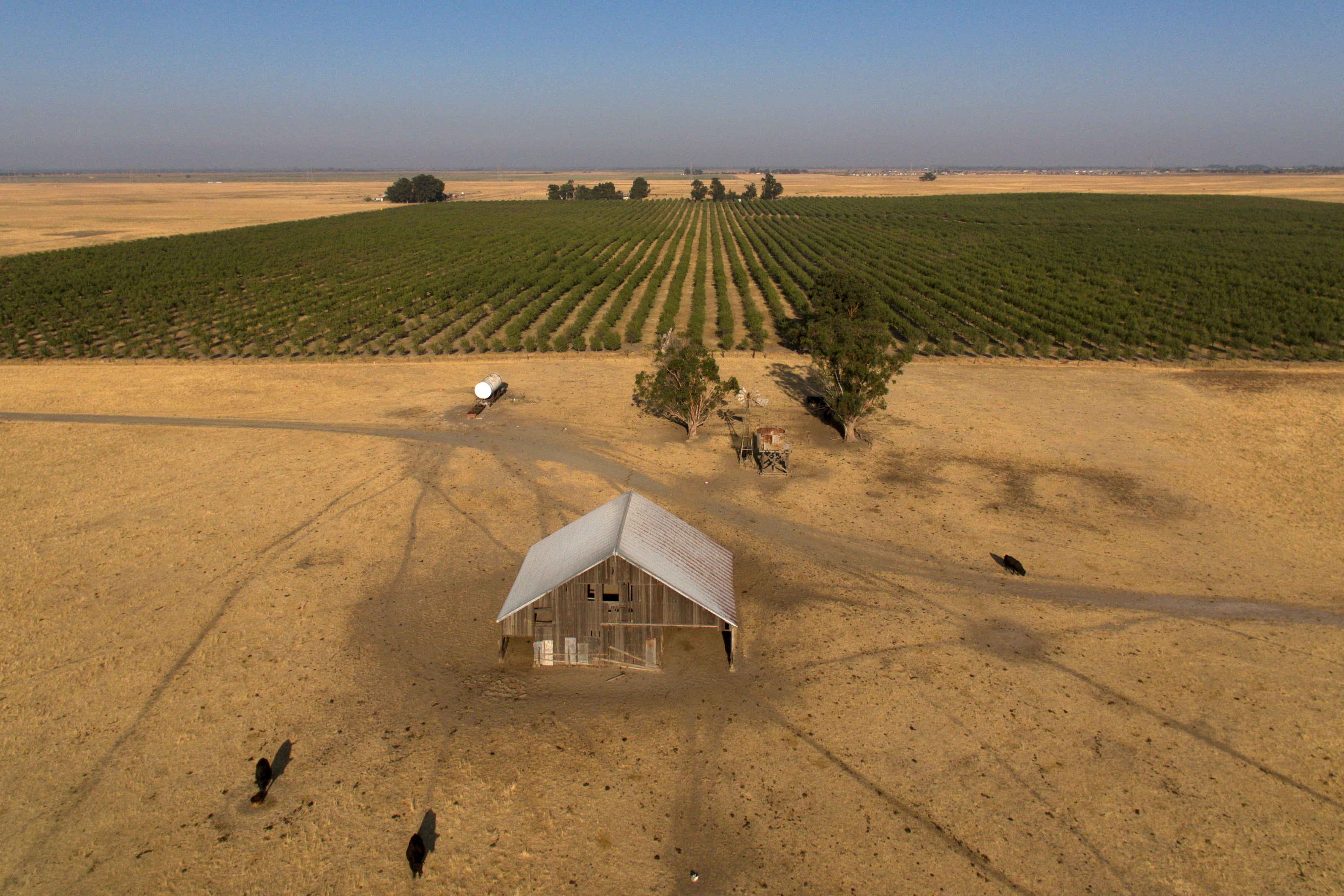The company backed by Silicon Valley billionaires that for years stealthily snapped up more than $800 million worth of rural land for a new walkable, affordable and green city between San Francisco and Sacramento now needs voters to embrace the idea.
Jan Sramek, the former Goldman Sachs trader spearheading the effort, will speak Wednesday about his plans to create a walkable California city flush with affordable housing and jobs on what's now mostly farmland. His California Forever company needs approval from Solano County voters to bypass protections put in place in 1984 to keep agricultural land from being turned into urban space.
He'll reveal ballot language that will provide the most detailed look yet of the community envisioned by he and his billionaire backers, like philanthropist Laurene Powell Jobs, LinkedIn co-founder Reid Hoffman, and venture capitalist Marc Andreessen. If the group can secure 13,000 signatures from Solano County voters, the measure will go before voters this November.
They picture 20,000 homes for 50,000 residents between Travis Air Force Base and the tiny city of Rio Vista, with rowhouses and apartment buildings within walking distance to jobs, schools, bars, restaurants and grocery stores. Eventually the city could grow to 400,000 people, the group says, but only if it can create at least 15,000 jobs that pay above average wages.
Created in 2017, California Forever has purchased more than 78 square miles (202 square kilometers) of farmland in Solano County. The plan calls for $400 million to help Solano County residents buy homes in the proposed community.
Sramek made his pitch in a series of December town halls around the county, but the new wave of transparency has not quieted critics who have been skeptical of the project since the mysterious land-buying spree began years ago.
“This is a pipe dream,” said Democratic U.S. Rep. John Garamendi, who was furious with backers for their secrecy about property close to a U.S. Air Force base.
He said the proposed development, which he also was briefed on, makes no sense “in the middle of areas surrounded by wind farms, gas fields, endangered species, no water, no sanitation system and no road system let alone a highway system.”
Beyond its agricultural use, the land California Forever is targeting is in the heart of the Sacramento-San Joaquin River Delta, a sensitive estuary home to many fish and wildlife species. The Delta is also the center of California's already over-taxed water supply system. Critics of the project worry adding more development will further harm the already threatened ecosystem.
But the project's backers say Solano County is a smart location to build in a region desperate for more housing, especially affordable homes for teachers, firefighters, police and other municipal workers who make a city run.
Solano County is an attractive location for military contractors, agriculture technology and construction tech companies seeking to innovate, said Gabriel Metcalf, head of planning for California Forever.
Metcalf said if “we can provide companies with a pathway to growth, we think we’ll get some major employers creating jobs here that would otherwise go out of state, to places like Texas.”













